Jury clears Cardi B in $24 million assault suit
A Los Angeles County jury needed less than an hour to end a six-year fight over a 2018 run-in outside a Beverly Hills medical office, finding Cardi B not liable on every claim. Security guard Emani Ellis had sued for $24 million, alleging the rapper scratched her face with a long nail, spat on her, and caused lasting distress. Jurors rejected all of it: assault, battery, intentional infliction of emotional distress, negligence, and false imprisonment.
The case centered on a tense moment outside an obstetrician’s office, where Cardi—then four months pregnant—said she was trying to keep her condition private. Staff closed the office that day to limit attention, but the encounter spilled onto the sidewalk. Ellis claimed she was traumatized after being attacked. Cardi testified the opposite: she said Ellis followed her, filmed her at close range, and wouldn’t give her room as she left.
Trials often turn on what jurors believe happened in a matter of seconds. Here, the panel heard two very different stories about the same encounter. There was no marathon deliberation or split decision. Their quick verdict said it all: they didn’t see enough to hold the rapper responsible under California civil law.
The complaint was sweeping, accusing Cardi of multiple torts at once. For readers who don’t swim in legal language, here’s what those claims generally mean in a civil case:
- Assault: creating a reasonable fear of imminent harmful contact.
- Battery: actually making harmful or offensive contact.
- Intentional infliction of emotional distress: extreme, outrageous conduct causing severe distress, done intentionally or recklessly.
- Negligence: failing to use reasonable care, leading to harm.
- False imprisonment: unlawfully restraining or confining someone’s movement.
Ellis said a 3-inch fingernail cut her cheek during the encounter and that she was spit on. Cardi denied all physical contact and any spitting. The jury believed her. The trial, held in an Alhambra courtroom, closed with Cardi repeating what she had said under oath: “I swear to God, I will say it in my deathbed. I did not touch that woman.”
After the verdict, the rapper framed the outcome as a warning to anyone expecting a quiet settlement. “I work all day and I work hard for my money, for my kids, for the people that I take care of. So don’t you ever think that you’re going to sue me, and I’m just going to settle,” she told reporters outside court. She also asked her fans to leave Ellis alone, saying the case was decided and there was no need to pile on.
The moment also put a spotlight back on privacy around medical settings. HIPAA protects patients’ health information, but it doesn’t ban strangers from filming on a public sidewalk. Medical offices can try to shield high-profile patients—closing early, using side exits, coordinating with security—but once a person steps onto public property, the lines blur. That gray area fueled the conflict here: one side said “I’m doing my job,” the other said “give me space.”
It’s not the first time Cardi has met a claim head-on in court. In 2022, she won a defamation verdict against a blogger in federal court, a case that underscored how willing she is to fight rather than settle. The throughline is simple: if she believes an accusation crosses a line, she’ll push back—publicly and legally.
After-court clash with reporter reignites boundaries debate
Minutes after the legal win, a different drama flared. As cameras rolled, a reporter tossed out a question that had nothing to do with the lawsuit: “Cardi, insiders are claiming that Offset is publicly bragging about getting you pregnant for the 4th time. Do you foresee any paternity issues with Stefon Diggs?” The question mixed rumor with speculation and dragged an unrelated NFL player into the conversation. Cardi confronted the reporter over the tone and topic.
That exchange lit up social media. Some viewers said the question crossed a basic line of respect, especially outside a courthouse where the focus should be the case. Others said celebrities know tabloid questions come with the territory. Both things can be true, but the moment showed how fast a courthouse sidewalk can turn into a content scrum.
Pregnancy adds another layer. Most people prefer to share that news on their own terms, and high-profile women face a constant churn of gossip that pushes them to either deny, confirm, or ignore. Cardi’s position that day was clear: keep the conversation on the case, not her family.
The verdict leaves Ellis without damages and Cardi free of a claim that could have cost eight figures. Whether Ellis will try to appeal wasn’t immediately clear. Appeals hinge on legal errors, not second-guessing witness credibility, so a short, clean jury verdict is a tough hill to climb.
Back at the courthouse, the win also echoed a message Cardi repeated through the trial: she’s firm about her boundaries. She asked for privacy in 2018, fought the allegation in court, won, and then asked her fans not to harass the person who sued her. In a city where almost everything becomes a clip, that sequence—privacy, fight, verdict, restraint—stood out.
The 2018 encounter was brief. The fallout lasted years. The jury’s swift answer closed one chapter, even as the swirl of cameras and questions started another on the courthouse steps.

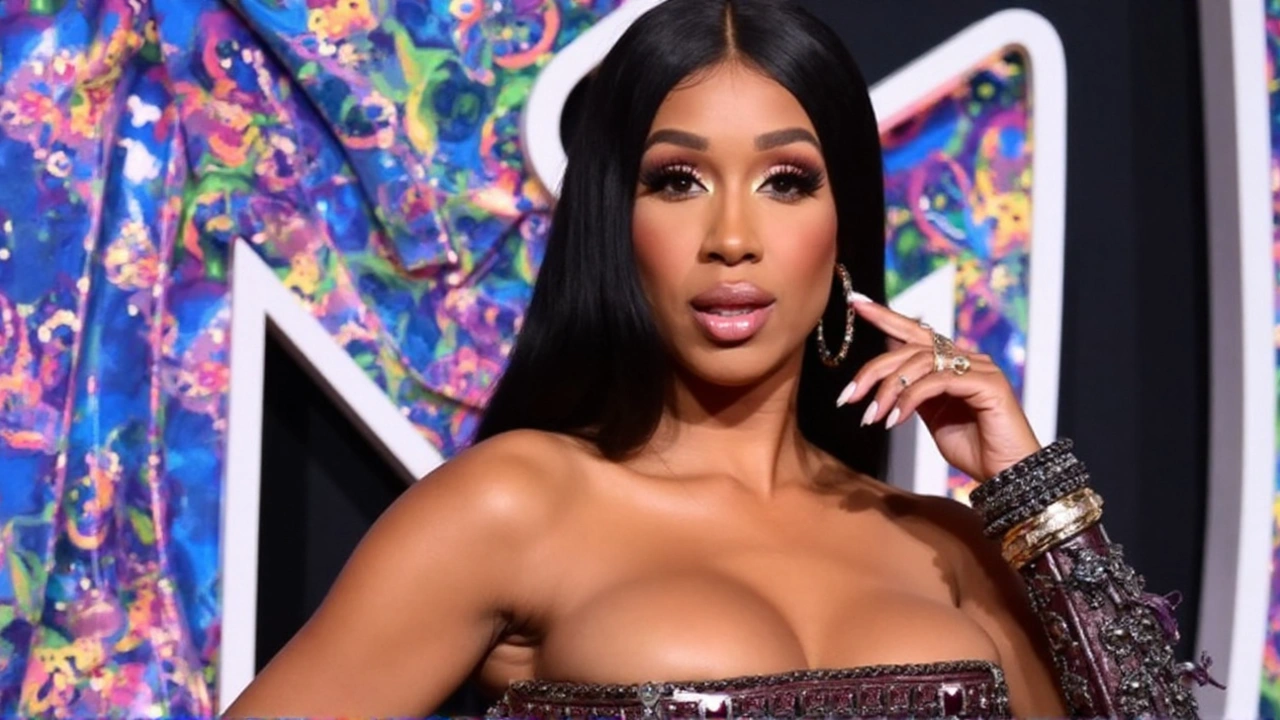
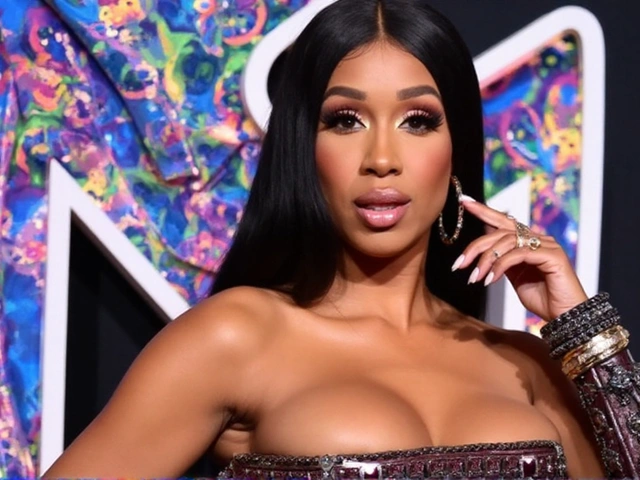
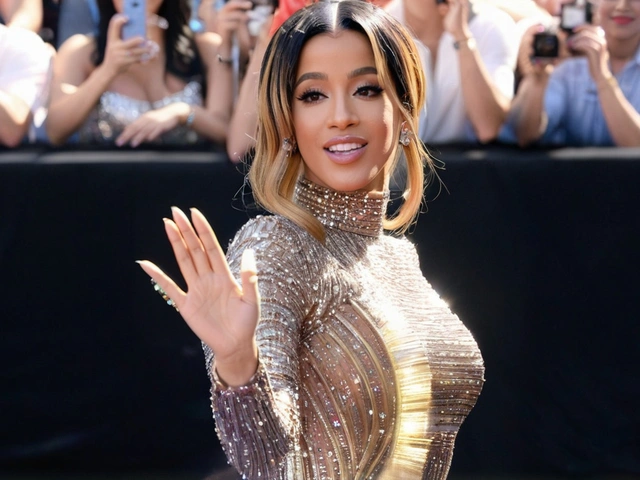
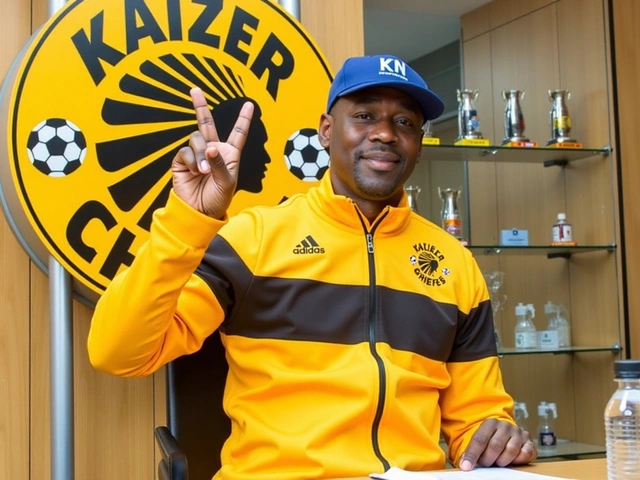
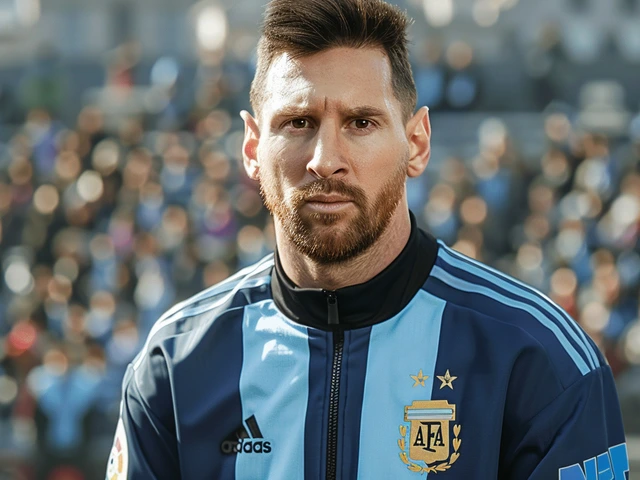

Post A Comment